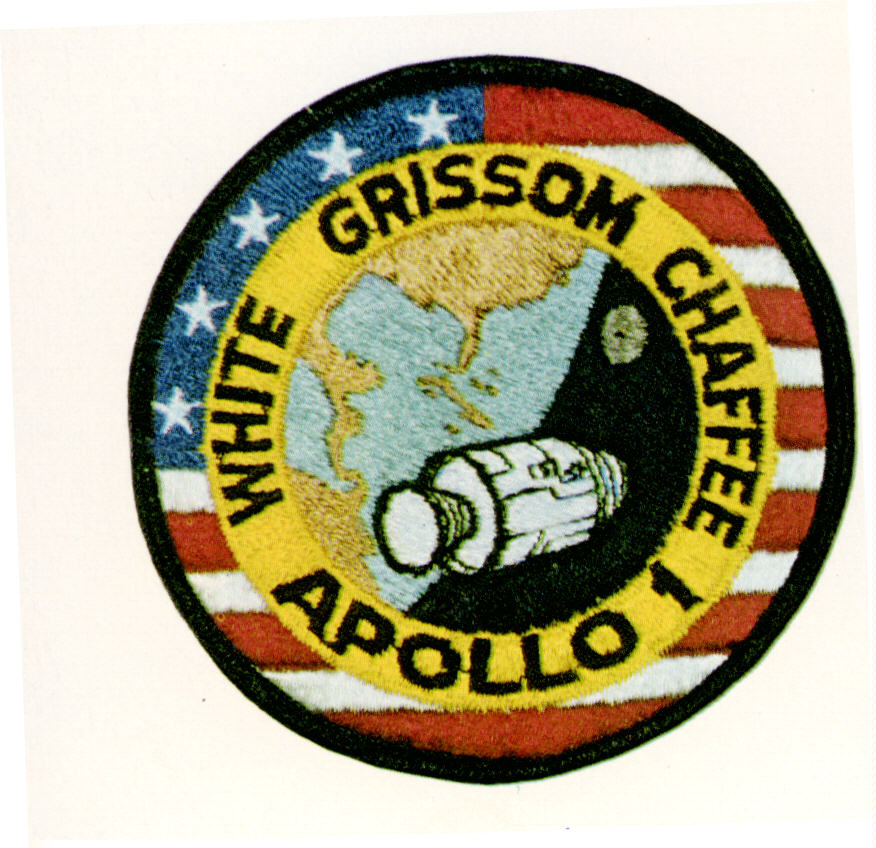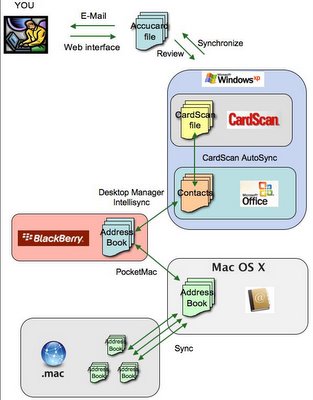There are presumably also significant National Technical Means that use the internet. It's like a whole new dimension for intelligence opened up during the nineties. Of course, ELINT predated the internet (or even MILNET, for that matter), but the internet's connectivity, in combination with the tracks users leave, has proved a goldmine for intelligence gathering.
The convergence of personal electronics will bring some interesting developments. Being able to combine telephone, GPS, personal directories, and wireless communications will mean that we will be able to query our PDA to find the whereabouts of someone, and also get a quick brief on an approaching acquaintance. Our PDAs will be able to pre-negotiate any necessary interactions. Just imagine: "Hey Frank, good to see you - it's been 43 months since I saw you last in Kuala Lumpur. Say, you owe me 45,000 yen, don't you? I know you did well on your last Apple stock sale..."
Yes, a bit creepy.
A few days ago I was able to use Google and a directory service to track down a person I had last seen in South America over twenty-five years ago. I was blown away when I got the message that they were in fact the person I was looking for, and it made me think about setting up a list of lost persons. Since one activity we all do (but don't confess to) is Google ourselves, I can only hope for some hits off this method.
If you're not on the list, I either know where you are, can't remember your name, or (horrors) don't want to hear from you.
Here goes (with last known locations):
From Bogotá, mostly from The English School, Bogotá Sports Club, or Camp Catay:
- Justin and Louise Abel (UK)
- Judith Bridger FOUND
- Robert FOUND and Vivian Capurro (UK/Mexico)
- Mariana Cerna (Colombia)
- Matthew Coombs (UK)
- Susan England (UK)
- Josie Fernández (Costa Rica)
- Alexandra Getz (Colombia) FOUND
- Leslie & John-Paul Gouffray FOUND
- Anja Huikeshoven (UK)
- Amanda Kohring (USA)
- Ricky Leizgold (USA)
- Monica Mannheim (Germany)
- Anna Marklund (Sweden)
- Magda Miller (NZ)
- John & Peter FOUND Orrock (UK)
- Fiona Paterson (France)
- Peter Tom Petersen (Norway)
- Jamie Pigg (UK)
- George & Patrick Raikes (Colombia)
- Humberto Rodríguez (Colombia)
- Julie Rushin (RSA)
- Daniel Sarmiento (Colombia)
- Monica Savdie (Colombia)
- André Smith (Colombia)
- Bob Stewart (UK)
- William Swan (Ireland)
- Janice Tester (Colombia)
- Derek, David & Nina Tibble (Colombia)
- Ray Youngblood (USA)
- David Walker (UK)
- Jamshid "Jammie" ??
From Toronto, mostly UCC:
- Martin Abell (Canada)
- François Beaubien (Canada)
- Claude Boudriau (Canada)almost found
- Andrew Briggs (Canada)
- Gifford Cochran (CO, USA))almost found
- Lionel Conacher (Canada)
- Randy Dalton (Canada)
- Kevin Daw (USA) FOUND, but lost the e-mail...
- Helena Flygare (Costa Rica) FOUND
- Jeff Gascho (Bahamas) FOUND
- Pietro Guglielmietti (Italy))almost found
- Lawrence Koppe (Canada)
- Patrick Kwan (USA)
- Boris Lebedinsky FOUND
- Roger Leung (Hong Kong)
- Stuart Lowe (Canada)
- Andrew Posselt (CA, USA) FOUND
- Qasra Sadri (Iran)
- Matt Sime (Jamaica)
- Greg Steers (USA)
- Cannon Sum (Hong Kong)
- Bob Wilson (Canada)
- John-Paul Yuen (Hong Kong)
From Pasadena, mostly Caltech:
- Steve Chin (CA, USA)
- Jim Labrenz (CA, USA)) FOUND
- Moose Mussenden (PR, USA)
- Sean Moriarty (CA, USA)
- Rich Premont (CA, USA)
- Gerald Zeininger (CA, USA) FOUND
- Mike Ammon (CA, USA)
From Boston, mostly MIT & Harvard's Lincolns Inn:
- Fernando Chamberlain (El Salvador) FOUND
- Greg & Chantale Chamitoff (TX, USA)
- Dana Desonie (OR, USA)
- Pietro Dova FOUND, sort of
- Gerd Fritsch (Germany)
- Eduardo Horowitz (Venezuela)
- Darlene Ketten (MA, USA)
- Harri & Sirkku Kytömaa (MA, USA)) FOUND
- Alice & Dan Lawton (IL, USA)
- Mike Machado FOUND
- Linda Meinke (MA, USA)
- Jaime & Monica Posada Castillo (MA, USA)
From Washington DC:
- Victoria Churchville (DC, USA)
- Chantale Damas (Brazil, Kenya) FOUND
- Alison Dawn Jones (VA, USA)
- John Rogers (DC, USA)
- Anne Tenney (Germany)
- Erica Wyman (VA, USA)
From all over the place:
- Carmen Cadena (ID, USA)
- Chris & Laureen Davis (MI, USA)
- Karl & Nancy Decker (Igloo & Kayak) (VA, USA)
- Guy de Teramond (Costa Rica)
- Philip Enros (Canada)
- Valeria and Mauro Fuentealba (Chile)
- Wally Funk (TX, USA)
- Lisa Marie Gonzales (CA, USA)
- Rachel Graham (Belize)
- Janet & Christer Jansson (Sweden)
- Tatiana Leon (Costa Rica)
- Aristides Lorlesse (Panama)
- Ronnie Lovler (FL, USA)
- Mohammed Masry (Jeddah, Saudi Arabia)
- Jackie Mayi (DC, USA)
- Natasha Netkach (Moscow, Russia/CA, USA)
- José Daniel Pabón Caicedo (Colombia)
- Igor Rudyaev (Moscow, Russia)
- Lorena San Román (Costa Rica)
- Jane Ellen Stevens (CA, USA) FOUND
How to get hold of me? Use your PTM! There are links on this page that will lead you to valid e-mail addresses for me, but I don't put them out there for all to see. You need to do some work too!










